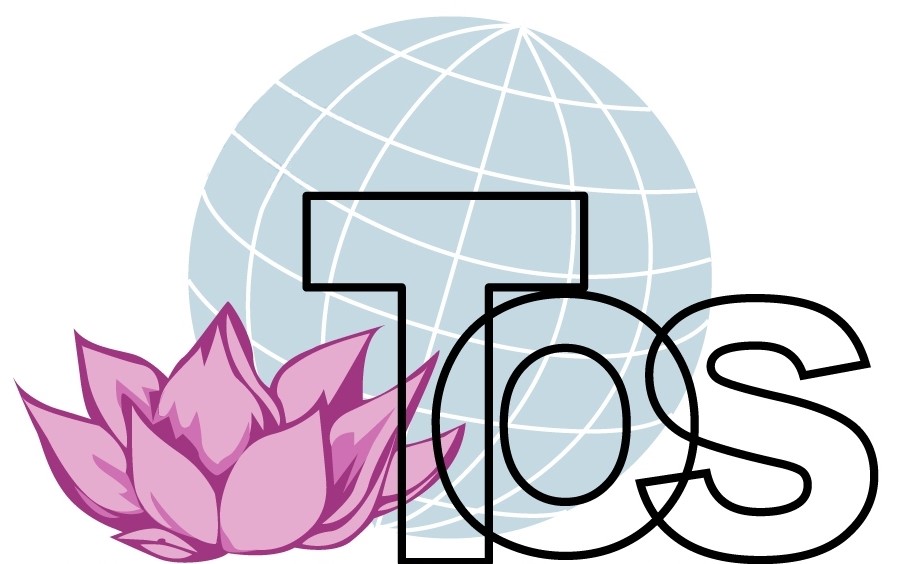Why Breastfeeding is Best
General Topics:
(Excerpts from For the Love of Life Winter, 2004)
Suzanne Arms
Media attention is finally being given to what should now be obvious to all of us -- the health of our nation's children is seriously declining. Every year the incidence of childhood asthma, allergies, ear and sinus infection, and other chronic and acute immune-system-related diseases rises. More and more kids entering schools are overweight and unhealthy. The state of health among our teens and adult population shows the same decline, yet seldom do we hear anything about the now scientifically proven connection of this to how and what we feed our babies. Most adults don't think much about the issue of breastfeeding today, which isn't surprising since most of us were bottle-fed and since breastfeeding has been marketed as just a "lifestyle" choice for women.
There is overwhelming evidence of the lifelong value of breastfeeding for all babies and for their mothers as well. Most of us realize that illness and disease are closely related to the functioning of our immune system and that human milk, rather than cow, goat or soy milk, boosts the human baby's immune system. Fewer people are aware that only breast milk protects the baby before the immune system can begin to function. Even infant formula companies in recent years are acknowledging the importance of breastfeeding in their advertisements, and they've discovered that doing so actually increases the sale of their products.
Unfortunately, most women have made up their minds about whether or not they will breastfeed long before they're even pregnant. Their values are based on what they see around them in a culture that views female breasts as sexual objects, sees bottles and artificial formula as normal, and considers it inappropriate, even obscene, for a woman to bare a breast to breastfeed a child in public. Studies show that approximately 70% of birthing women in the U.S. today "try" to breastfeed, for a day or two. By the end of the first week at home, that number drops sharply and continues to decline every week. At six weeks of age, there are fewer than 20% of babies in this country being breastfed exclusively. Yet that's what the human immune system needs, because it does not even begin to develop until a baby is six months old, and it takes years to develop fully. Artificial formula does not help it to develop; only breast milk does, and protects the baby all the while.
With millions of American mothers being pushed into going back to work within just a few weeks of giving birth and with no national policy of paid maternity leave (unlike every other highly developed nation in the world), new mothers living in America often fail to breastfeed or fail at breastfeeding because of a lack of knowledge and support. Clearly, health professionals are as confused as the general public about how to breastfeed successfully, making a resource like "Bestfeeding" invaluable. With an estimated one of every four adult Americans living with at least one chronic disease, the connection between how we feed babies and long-term health is essential. The health of our nation depends upon it.
See the book review Bestfeeding/ How To Breastfeed Your Baby by Mary Renfrew, Chloe Fisher, and Suzanne Arms
